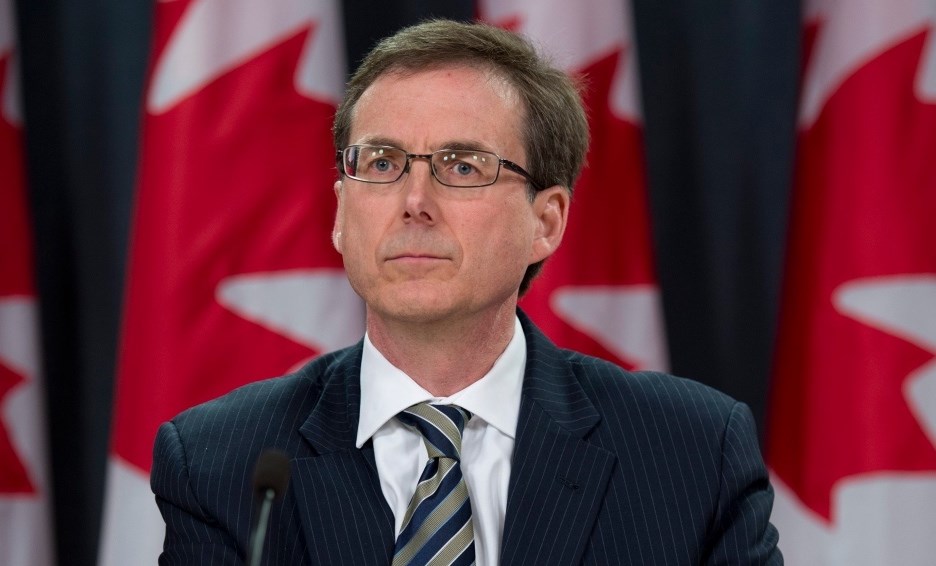The Bank of Canada (BOC) raised the overnight interest rate 50 basis points, bringing it to 3.75 per cent and pushing the prime rate to 5.95 per cent at its setting on October 26.
For every 50-basis point increase, a homeowner with a variable-rate mortgage can expect to pay approximately $28 more per month per $100,000 of mortgage, according to calculations by Ratehub.ca
The lowest posted five-year fixed variable rate mortgage at major banks as of October 26 at 10 a.m. was 3.25 per cent at TD, but other banks were between 5.45 per cent to 6.19 per cent.
While those holding variable-rate mortgages will feel the pinch first, those renewing fixed-rate mortgages within the coming months will also be stung.
Posted five-year fixed mortgage rates at major banks now range from 4.95 per cent at TD to 6.49 per cent at CIBC.
Bank of Canada governor Tiff Macklem hinted that even higher rates may be coming, because of inflationary pressure.
"This tightening phase will draw to a close. We are getting closer, but we are not there yet," Macklem said in prepared remarks ahead of a news conference.
“In Canada, the economy continues to operate in excess demand and labour markets remain tight. Businesses continue to report widespread labour shortages and, with the full reopening of the economy, strong demand has led to a sharp rise in the price of services, “ the BOC stated.
The effects of recent rate increases by the BOC are becoming evident.
Economic growth is expected to stall through the end of this year and the first half of next year as the effects of higher interest rates spread. The BOC projects Canada’s GDP growth will slow from 3.25 per cent this year to just under 1 per cent next year and 2 per cent in 2024.
In the last three months, CPI (consumer price index) inflation has declined from 8.1 per cent to 6.9 per cent, primarily due to lower gasoline prices. However, two-thirds of CPI components increased more than 5 per cent over the past year.
Core inflation is projected to move down to about 3 per cent by the end of 2023, and then return to the 2 per cent target by the end of 2024, the BOC forecasts.
Governor Macklem and his officials raised the prospect of a technical recession. "A couple of quarters with growth slightly below zero is just as likely as a couple of quarters with small positive growth" in the first half of next year, the bank stated.



